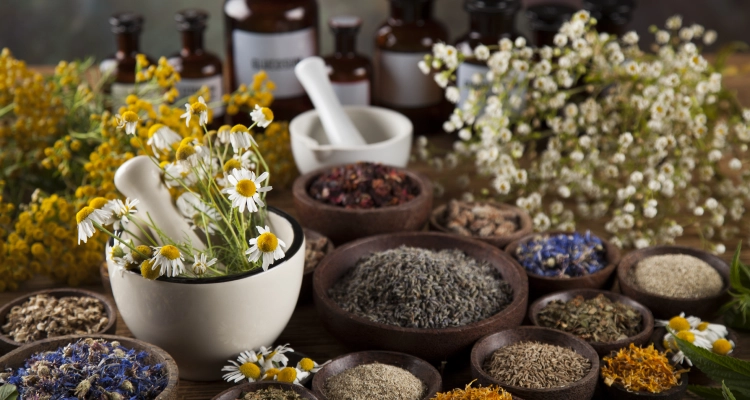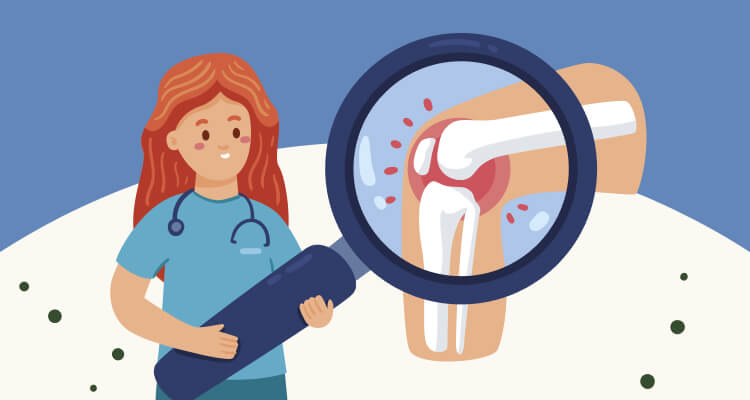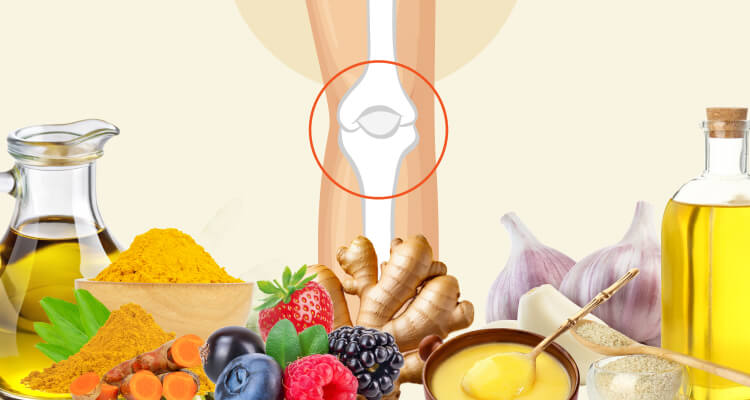Chronic hepatitis denotes persistent liver inflammation, often triggered by viral infections like hepatitis B and C, autoimmune conditions, prolonged medication use, alcohol intake, or toxin exposure. If left untreated, it can progress to severe complications such as liver cirrhosis and cancer. Hepatitis B virus (HBV) infection, a major cause of chronic hepatitis globally, can lead to cirrhosis and hepatocellular carcinoma (HCC), creating a significant global impact, with millions of carriers and annual deaths.
While treatment advancements have improved outcomes, challenges remain in long-term efficacy. Managing chronic hepatitis involves assessing viral load, disease progression, transmission precautions, and treatment strategies that aim for viral suppression and liver disease remission to prevent severe complications.
Why an Integrative Approach Improves Outcomes
Various treatment options for acute-on-chronic hepatitis, even though lifesaving and effective, may lead to a range of side effects. They include:
- Flu-like symptoms
- Fatigue
- Loss of appetite
- Weight loss
- Hair loss
- Bone marrow suppression
- Thyroid issues
Long-term medication can also cause emotional changes like anxiety, irritability, and depression. Currently, therapies for chronic hepatitis have only limited long-term effectiveness. Therefore, it’s crucial to carefully consider factors like the patient’s overall health, age, liver disease severity, potential side effects, and complications when devising management plans.
Incorporating traditional systems of medicine, which address metabolic and nutritional deficiencies in chronic hepatitis, along with targeted prevention strategies and the use of specific herbs known for enhancing liver health, can improve treatment outcomes.
Ayurveda’s View on Hepatitis
Chronic hepatitis management with Live Your Best Life involves a holistic approach focusing on the balance of Pitta dosha, liver detoxification, and immune system support. This approach aims to minimize the risk of active recurrences and prevent additional damage to hepatic cells.
Ayurveda views the liver, known as Yakriti, as dominated by Pitta dosha. When Pitta becomes aggravated, it can lead to excessive bile secretion or obstructed flow, affecting digestive fire (agni) and enzyme activities crucial for digestion, absorption, and metabolism.
Hepatitis, classified as Kaamla in Ayurveda, is a disease of the Raktavaha channels, which impacts liver function. Causes of hepatitis in Ayurveda include vitiated Pitta, viral infections, autoimmune disorders, prolonged medication use, toxins, alcohol, and other factors.
In Ayurveda, the ‘Virechana‘ technique involves assisted bowel cleansing, serving as a detoxification method that is particularly beneficial in addressing imbalances of the Pitta dosha.
Powerful Ayurvedic Herbs for Liver Health
- Katuki (Picrorhiza kurroa, Kutki root), an Ayurvedic herb, is recommended for restoring various liver-related issues, including anorexia, nausea, jaundice, dyspepsia, and viral hepatitis.
- Kumari (Aloe vera) helps in purging out and balancing aggravated Pitta from the liver.
- Bhumi Amalaki (Phyllanthus niruri), with its antioxidant and anti-inflammatory actions, is used as a potent hepatoprotective agent.
- Punarnava (Boerhavia diffusa, Spreading Hogweed), Kakamachi (Solanum nigrum, Black Nightshade), and Daruharidra (Berberis aristata, Indian Barberry) support immune functions and reduce inflammation.
The Role of Yoga, Diet, and Lifestyle
Mind-body therapies are also integral in Ayurvedic management. Meditation promotes relaxation, reduces stress, and fosters a positive mindset.
- Yoga enhances physical flexibility, reduces fatigue, and improves overall health. Regular practice of Cat Pose (Marjariasana), Seated Half-Spinal Twist (Ardha Matsyendrasana), and Diamond Pose (Vajrasana) aids in hepatitis protection.
- Stress reduction techniques like deep breathing exercises, progressive muscle relaxation, and guided imagery help in managing chronic stress associated with hepatitis.
- Integrative nutrition emphasizes maintaining a balanced diet to counteract disease effects on health and quality of life. Monitoring and addressing musculoskeletal abnormalities are essential, along with general health guidelines like limiting fatty foods, salt, and sugar.
Ayurvedic dietary recommendations for chronic hepatitis focus on a balanced diet rich in fruits, vegetables, lean proteins, and whole grains. It supports liver health, counters malnutrition, and sustains healthy skeletal muscle, which is important for overall well-being.
Stronger Liver, Healthier You — With Live Your Best Life
Live Your Best Life offers a powerful and integrative approach to managing chronic hepatitis by combining natural healing practices like nutrition, movement, mindfulness, and lifestyle changes. Instead of just treating symptoms, this method focuses on restoring balance in the body and strengthening the liver and immune system.
Natural plant-based remedies such as Picrorhiza kurroa, Phyllanthus niruri, and Boerhavia diffusa have been shown to support liver health by helping to cleanse toxins, reduce inflammation, and repair liver cells.
Nutrition plays a central role in this healing journey. A liver-friendly diet emphasizes foods that are naturally cleansing and cooling, such as leafy greens, turmeric, coriander, and pomegranate, while avoiding foods that are heavy, greasy, overly spicy, fermented, or highly processed, as these can overburden the liver. Meals should ideally be warm, freshly made, and eaten at consistent times to support digestion and prevent the buildup of waste in the body.
In addition to diet and herbs, gentle movement practices like yoga, breathing exercises, and meditation help increase physical energy, reduce stress, and improve emotional well-being—key factors when living with a long-term condition.
Daily lifestyle habits like having a regular routine, managing stress, and prioritizing rest and self-care help the body recover more effectively and support long-term liver health.
Together, these elements create a person-centered approach. It empowers individuals to take an active role in their healing, strengthens the body’s natural ability to recover, and supports a healthier, more fulfilling life.
Step into a healthier tomorrow — let Ayurveda guide your journey with Live Your Best Life



































